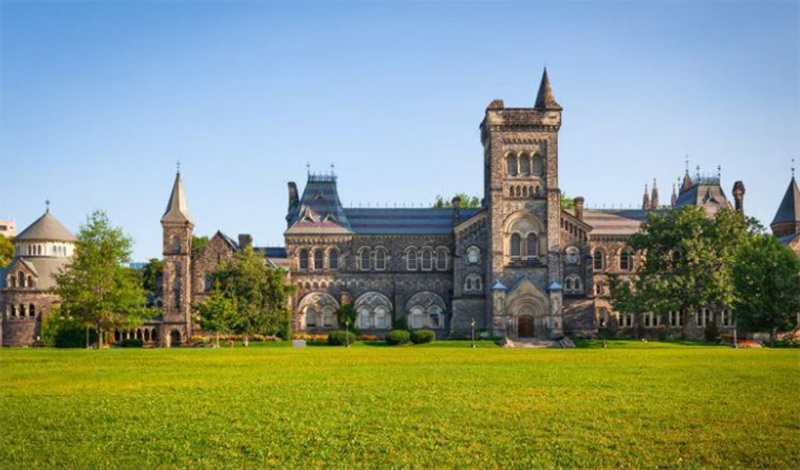 India-Canada
India-Canada
Canada’s education sector at risk: Why every Indian student matters
Recent findings by the Canadian Bureau for International Education present a troubling trend for the Canadian higher education sector.
Due to the ongoing diplomatic row with India, starting with the Canadian PM Justin Trudeau making public, baseless allegations against India, a whopping 20% of Indian students who had set their sights on Canadian universities for 2023 have chosen to defer their studies.
Another report by the Times Higher Education found that some Indian students are considering transferring to the United Kingdom or Australia due to the diplomatic spat.
In 2022 alone, Indian students injected over $17 billion into Canada’s economy. Not just by means of tuition, but through living expenses, cultural exchanges, and other forms of investments. They are, unmistakably, the backbone of the international student community, representing over 40% of all foreign students. Their decline, therefore, is not just a number game – it represents a significant economic and cultural void.
For context, the Canadian education sector employs more than 600,000 individuals and contributes over $100 billion to the economy annually. So when, for instance, an esteemed institution like the University of Toronto registers a loss of over $100 million due to a dip in Indian student enrolment, it’s a concerning indicator of a trend that could spread across the nation, destabilizing this robust economic engine.
Indian students, as previously mentioned, are a significant financial pillar for Canadian universities. A decline in their enrollment is not simply a decrement in diversity; it equates to millions of dollars in lost tuition fees, not to mention supplementary expenses such as housing, food, transportation, and cultural excursions.
Moreover, the quality of Indian students is unparalleled. The fact that over 70% possess a master’s degree or higher is indicative of their commitment to education and excellence. And this excellence doesn’t stop at graduation. Indian students have consistently showcased their prowess in innovation and entrepreneurship. They are founders, job creators, and integral members of the workforce, working both for Canadian enterprises and establishing their own, and also generating jobs for Canadian citizens.
The current decline in enrolment is alarming. Moreover, the allure of other nations, such as the UK and Australia, is becoming increasingly potent for Indian students. This potential exodus will not only be an economic setback but will also strip Canada’s campuses of the diversity, innovation, and global perspective that students from India bring to the table.
The deferment means Canadian institutions are deprived of some of the brightest minds. Given that a substantial proportion of Indian students possess advanced degrees, their presence in research departments, labs, and classrooms significantly boosts the academic standard and competitiveness of Canadian universities on the global stage.
Beyond the campuses, local communities where these students live, dine, and socialize will feel the economic sting. From landlords who rent out properties to businesses that cater to international students, there will be a tangible decline in income and, possibly, job losses in sectors closely aligned with student needs.
A single year’s significant deferment might have ripple effects for subsequent years. The students who deferred might influence potential applicants in the future, leading them to opt for perceived “safer” or more “welcoming” countries for their studies. Such shifts could reconfigure the traditional pathways of international education, with Canada losing its edge.
It is essential to highlight an apparent irony. In the midst of this diplomatic discord, Canada appears to be inadvertently biting the hand that has been generously feeding it. By allowing, or worse, escalating the rift with India, Canada risks not just immediate economic losses but the long-term vitality and global reputation of its cherished education sector. A prompt resolution is more than just desirable; it’s imperative for Canada’s sustained growth.
(Image and text credit: Khalsavox.com)
Support Our Journalism
We cannot do without you.. your contribution supports unbiased journalism
IBNS is not driven by any ism- not wokeism, not racism, not skewed secularism, not hyper right-wing or left liberal ideals, nor by any hardline religious beliefs or hyper nationalism. We want to serve you good old objective news, as they are. We do not judge or preach. We let people decide for themselves. We only try to present factual and well-sourced news.







